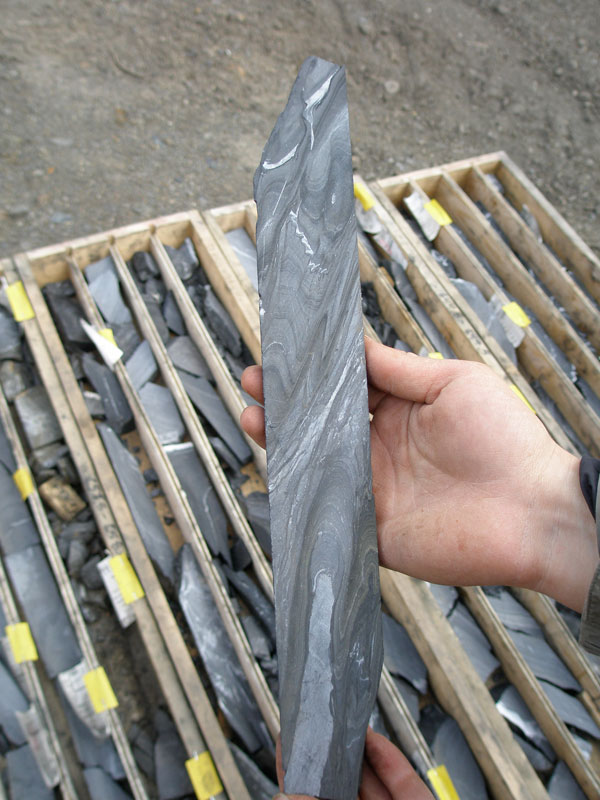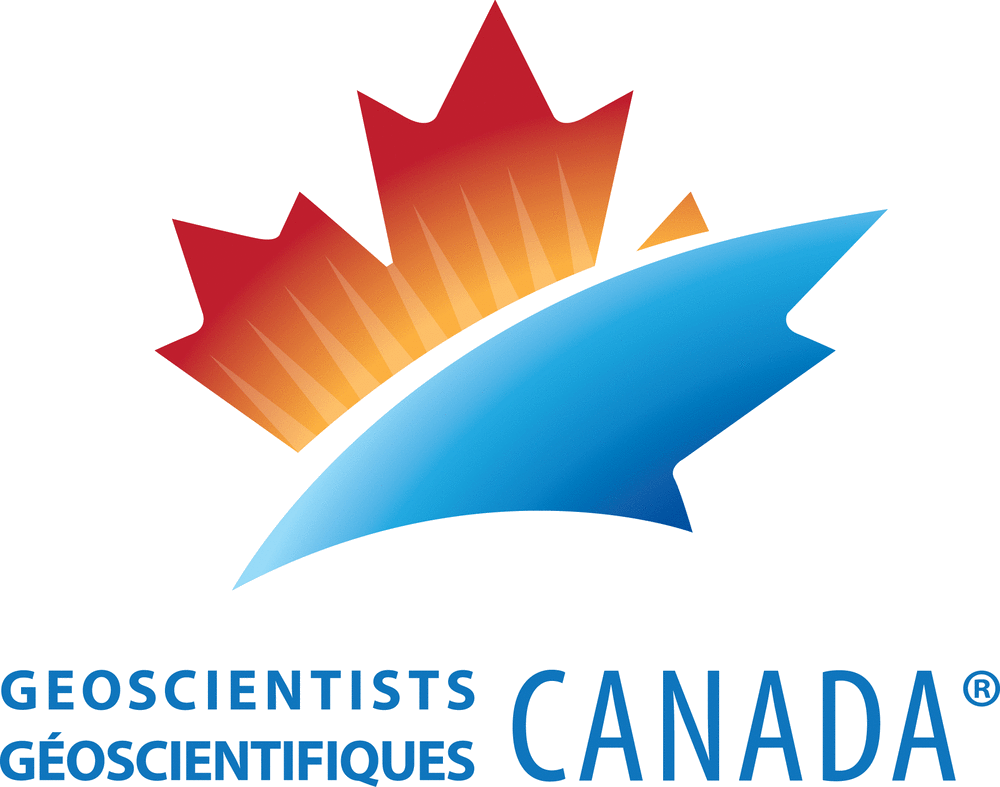Maintaining a Licence

Continuing Competency
Continuing competency - also referred to as Continuing Professional Development (“CPD” for short) - is taken very seriously by the profession in Canada. All P.Geo.s are expected to stay current on technical and scientific advances that impact geoscience practice. As professionals we also must maintain awareness of evolving thoughts on ethics in relation to our work as geoscientists - including knowledge of situations that have resulted in disciplinary actions being taken by regulators against other P.Geo.s.
Typically, CPD is recorded annually. Different activities qualify as CPD. They usually range from attending formal training courses, to informal education (such as attending conference workshops and lectures, or self-study and reading), writing scientific papers, preparing and giving technical presentations, and doing committee work for learned societies and professional associations. Some regulators now require that a portion of our CPD activity must specifically focus on ethics.
Each P.Geo. is expected to keep a diary of all CPD activity, including accumulated hours. Usually regulators simply require each P.Geo. to declare their total number of hours of CPD activity completed each year; with all declarations subject to random audit.
Requirements on CPD and CPD program details vary between regulators. Most require 80 CPD contact hours per year calculated by a three-year rolling average.
Here is an example of the CPD requirements for a P.Geo. registered in Alberta (external link).
Code of Ethics
The purpose of a Code of Ethics is to provide general statements on the principles of ethical conduct in order that P.Geo.s may fulfill their duty to the public, to the profession, and to other geoscience professionals. The Code provides a vision of service to society to which geoscience professionals must aspire. It outlines the fundamental principles of professional conduct expected of geoscientists. It is a tool to distinguish appropriate conduct from that which fails to meet the required standard. Each geoscience regulator in Canada has a documented Code of Ethics. The Code provides the basis on which allegations of unprofessional conduct are assessed through the discipline process in each jurisdiction.
Here is an example of a Code of Ethics from Ontario (external link). To view another Canadian geoscience regulator’s Code, link to the regulator through the Regulator Map.

